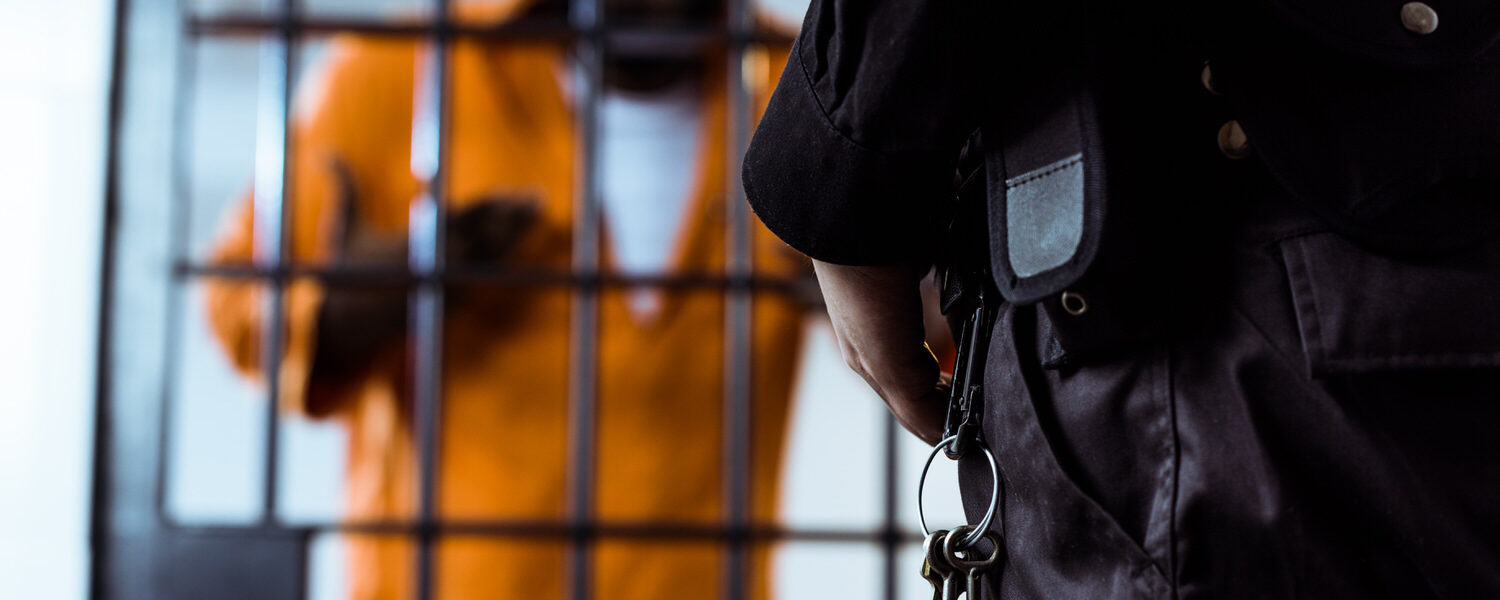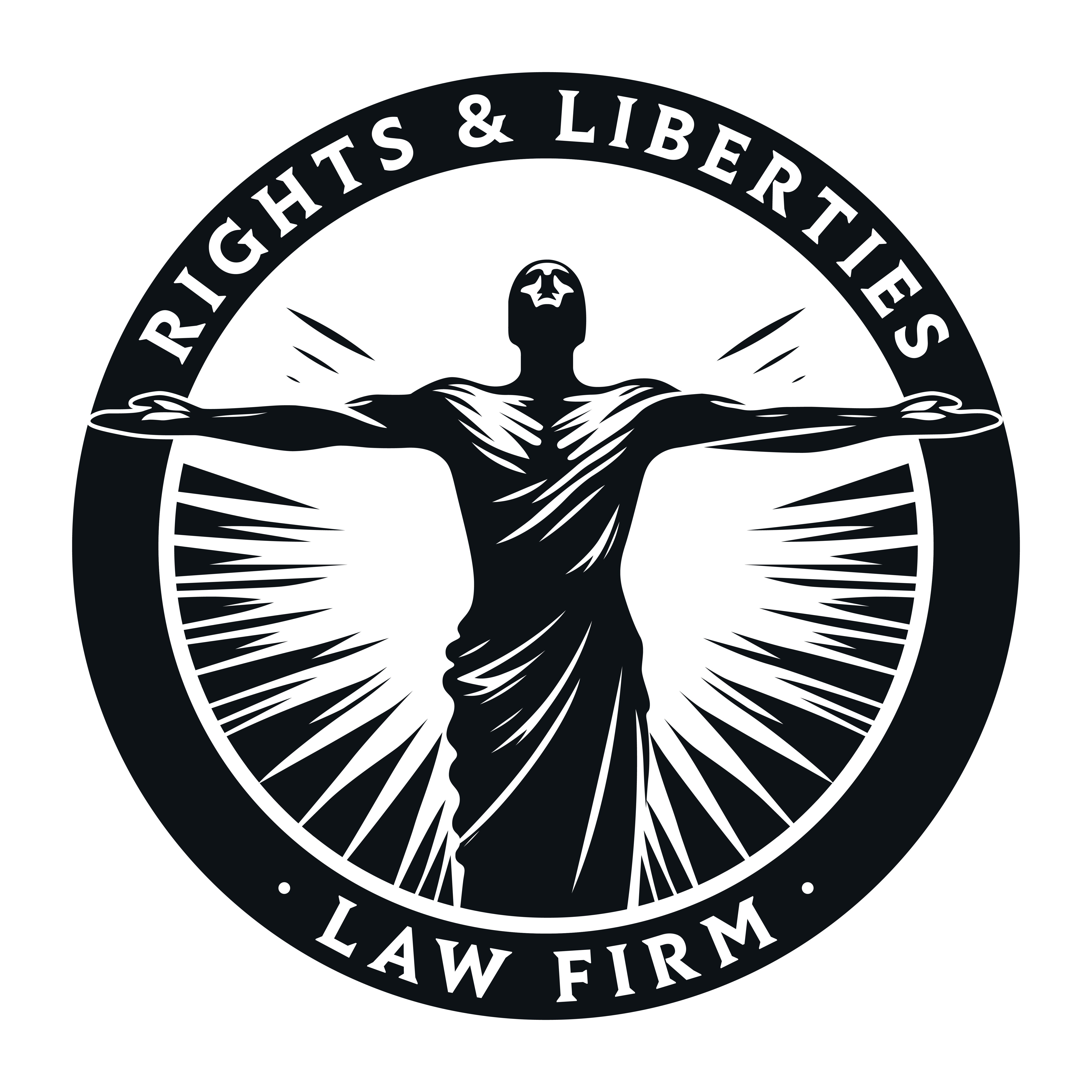Unconstitutional Prison Conditions in Colorado
What constitutional rights do prisoners have?
Prisoners have constitutional rights regarding their treatment and conditions of confinement, primarily under the Eighth and Fourteenth Amendments of the United States Constitution and Art. II. Sec 20 and 25 of the Colorado Constitution. The Eighth Amendment protects against cruel and unusual punishment. This means prison conditions must not involve the wanton and unnecessary infliction of pain or be grossly disproportionate to the severity of the crime. The Fourteenth Amendment ensures equal protection and due process, safeguarding prisoners from arbitrary denial of their rights.
Remedies for unconstitutional prison conditions in Colorado?
Prisoners can challenge unconstitutional prison conditions through civil rights lawsuits under 42 U.S.C. § 1983 or Colorado’s civil rights statute C.R.S. § 13-21-131 which allows prisoners to seek relief for violations of their constitutional rights.

What types of prison conditions are unconstitutional?
Here are some common scenarios that often constitute unconstitutional prison conditions in civil rights lawsuits:
Overcrowding: When prisons house more inmates than their designed capacity, it can lead to severe issues such as inadequate living space, increased violence, and insufficient access to essential resources like medical care, food, and sanitation. Overcrowding often results in inmates being forced to sleep on floors or in common areas, which can exacerbate tensions and lead to dangerous conditions.
Inadequate Medical Care: Prisons are required to provide adequate medical care to inmates. This includes timely access to doctors, necessary medications, and treatments for both physical and mental health conditions. Failure to do so can result in untreated illnesses, worsening of medical conditions, and even death. Inadequate medical care can also include delayed or denied emergency care, insufficient mental health services, and lack of care for chronic conditions.
Unsanitary Conditions: Prisons must maintain basic hygiene standards to prevent the spread of disease and ensure the health of inmates. Unsanitary conditions can include dirty and overcrowded cells, lack of clean water, inadequate sanitation facilities, and infestations of pests such as rats, roaches, and lice. These conditions can lead to outbreaks of infectious diseases and other health problems.
Excessive Use of Force: The use of physical force by prison staff must be justified and proportionate to the situation. Excessive use of force can include beatings, unnecessary use of restraints, and prolonged solitary confinement without proper cause. Such actions can cause severe physical and psychological harm to inmates and are often considered cruel and unusual punishment.
Inadequate Nutrition: Prisons are required to provide inmates with sufficient and nutritionally adequate food. Inadequate nutrition can lead to malnutrition, weakened immune systems, and other health issues. This can include serving spoiled or contaminated food, insufficient portions, or meals that do not meet dietary needs.
Lack of Safety: Prisons have a duty to protect inmates from harm, including violence from other inmates and staff. Failure to do so can result in physical assaults, sexual violence, and even death. This can include inadequate supervision, failure to separate violent inmates from vulnerable ones, and ignoring threats or reports of violence.
Inadequate Access to Legal Resources: Inmates have the right to access legal materials and assistance to challenge their convictions or conditions of confinement. Denying access to legal resources, such as law libraries, legal counsel, or necessary documents, can impede an inmate’s ability to exercise their legal rights and seek justice.
Discrimination: Unequal treatment of inmates based on race, gender, religion, disability, or other protected characteristics can constitute a violation of constitutional rights. Discrimination can manifest in various ways, including biased disciplinary actions, unequal access to programs and services, and harassment or abuse by staff or other inmates.
Inadequate Mental Health Care: Many inmates suffer from mental health conditions that require treatment and support. Failure to provide adequate mental health care can lead to worsening of symptoms, self-harm, and suicide. This includes lack of access to mental health professionals, insufficient treatment plans, and inadequate facilities for those with serious mental illnesses.
Inhumane Living Conditions: Prisons must ensure that living conditions are humane and do not subject inmates to extreme discomfort or danger. Inhumane conditions can include extreme temperatures (too hot or too cold), lack of ventilation, insufficient bedding or clothing, and exposure to environmental hazards. These conditions can cause significant physical and psychological harm to inmates.
Is administrative exhaustion required before a prisoner can commence an unconstitutional prison conditions civil rights suit?
Yes. Before filing a lawsuit, prisoners must exhaust all available administrative remedies within the prison system. This typically involves:
- Filing Grievances: Submit a detailed grievance through the prison’s internal grievance process.
- Appealing Denials: If the grievance is denied, follow the prison’s appeal process.
The 42 U.S.C. § 1997e(a), also known as the Prison Litigation Reform Act states: “No action shall be brought with respect to prison conditions under section 1979 of the Revised Statutes of the United States (42 U.S.C. 1983), or any other Federal law, by a prisoner confined in any jail, prison, or other correctional facility until such administrative remedies as are available are exhausted.”
Colorado’s state analog to the federal Prison Litigation Reform Act states: § 13-17.5-102.3(1), C.R.S. 2005, provides: “No inmate shall bring a civil action based upon prison conditions under any statute or constitutional provision until all available administrative remedies have been exhausted in a timely fashion by the entity operating the detaining facility and inmate. For purposes of this subsection (1), an inmate shall be considered to have exhausted all available administrative remedies when the inmate has completed the last step in the inmate grievance process as set forth in the regulations promulgated by the entity operating the detaining facility. Failure to allege in the civil action that all available administrative remedies have been exhausted in accordance with this subsection (1) shall result in dismissal of the civil action.”

Courts will dismiss unconstitutional prison condition claims if exhaustion has not been met. Before filing an unconstitutional prison condition claim it is critical that the prisoner exhausts administrative remedies.
What is the statute of limitations for an unconstitutional prison conditions civil rights claim in Colorado?
The statute of limitations for civil rights suits in Colorado brought under 42 U.S.C. § 1983 or C.R.S. § 13-21-131 is two years from the time a cause of action accrues.
Contact Denver’s trusted unconstitutional prison conditions attorney to find out if you have a viable case
Prison litigation cases are often complex as they require an in depth understanding of the Constitution and byzantine administrative law designed to limit prisoners’ access to the courts. When a prisoner has been subjected to unconstitutional prison conditions, they can experience a wide array of harms including pain, suffering, injury, medical expenses, even death. Unconstitutional prison conditions cases require thorough investigation and steadfast advocacy to prevail in court. A skilled prison litigation attorney can help you hold prison officials accountable for violating your constitutional rights.
To know whether you have a viable unconstitutional prison conditions case, the first step is to contact Rights & Liberties Law Firm to start your free civil rights case evaluation. If your rights have been violated and your liberties trampled, the attorneys at Rights & Liberties Law Firm are here to fight for you and get you the justice and compensation you deserve.
Three-Step Path to Civil Rights Representation
Step one. If you’ve been the victim of police brutality or a government officer has
violated your or a loved one’s rights, complete our Free Civil Rights Case Evaluation.
Confidentially upload videos, photos, and other documents of evidentiary value directly
to our civil rights case evaluation portal and start the process of holding those who abuse
their powers accountable for violating your rights. Civil rights cases rise and fall on the
facts of the case. Our Free Civil Rights Case Evaluation is designed to gather the
information necessary to determine if you have a case where we can vindicate your rights
and get you the justice and compensation you deserve. Be sure to answer each question
in our Free Civil Rights Case Evaluation in a detailed and clear manner.
Step two. Our team will evaluate your case. If we need additional information from you
to complete your case evaluation we will contact you. Once we’ve completed your case
evaluation, we will promptly contact you to let you know if we can help you with your
case. If so we’ll schedule a consultation to learn more about your story.
Step three. During our consultation we’ll determine if there’s a viable path to vindicate
your rights. If there is, and you’re ready to hold those accountable who violated your
rights, we’ll provide you with a contingency fee agreement to review and sign. Then the
fight is on. You pay nothing until we’re victorious.
